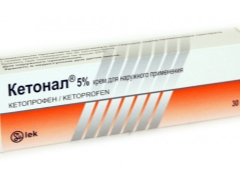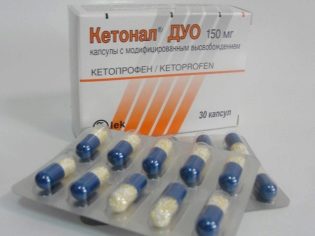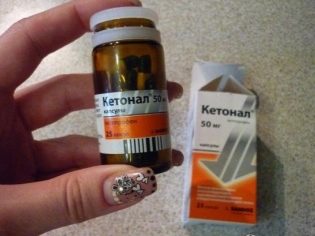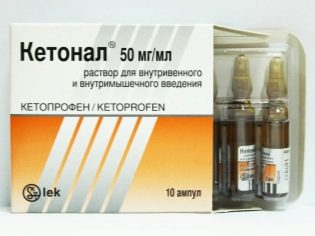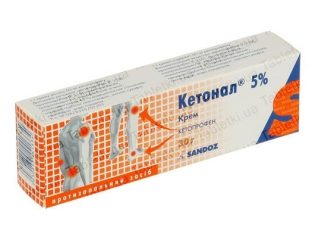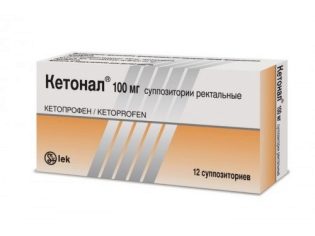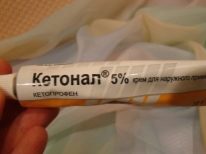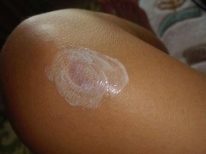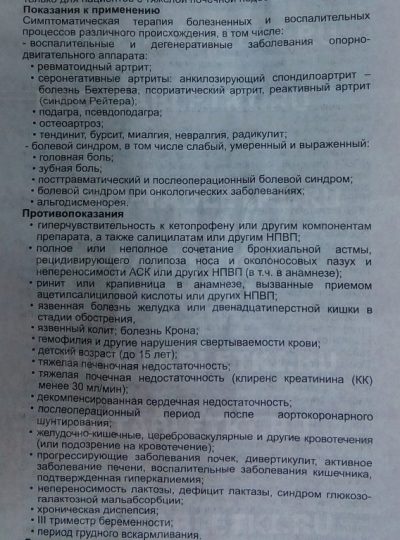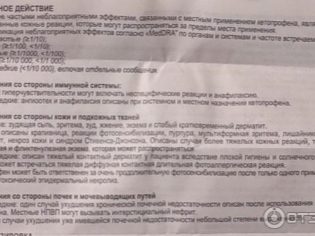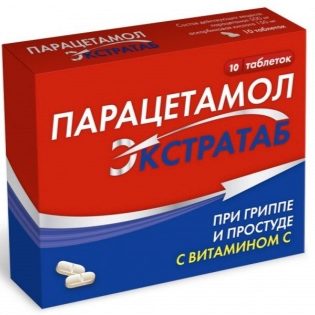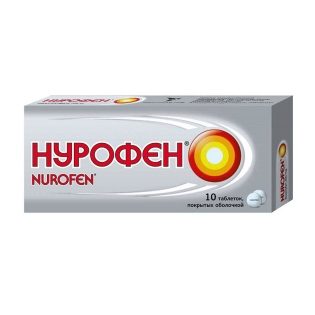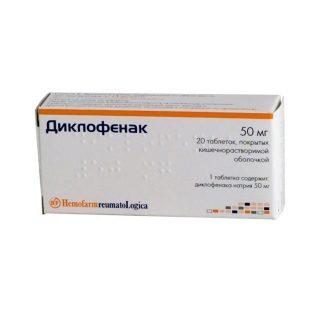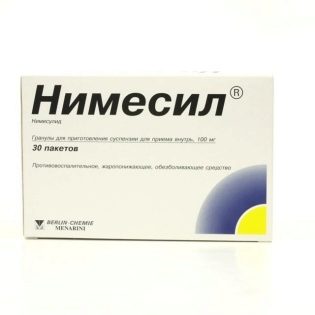Is it possible to give children "Ketonal"?
Ketonal is an anti-inflammatory medicine prescribed for adults with arthritis, gout and osteoarthritis. Can it be used in childhood?
Release form and composition
Ketonal is produced in several dosage forms, but all variants of this drug have the same active substance, called ketoprofen. The medicine is presented:
- Tablets in a film cover. One pack includes 20 round blue tablets. The dosage of ketoprofen in one tablet is 100 or 150 mg.
- Rectal suppositories. These white candles are sold in packs of 12 each and contain 100 mg of ketoprofen in one suppository.
- 5% cream. This is almost a white homogeneous mass in tubes of 30 or 50 g. The concentration of the active substance in this Ketonal is 50 mg / 1 g.
- 2.5% gel. In one tube of this medicine placed 50 or 100 g of a colorless transparent mass. 1 gram of the drug contains 25 mg of ketoprofen.
- Capsules in white and blue shell. They are sold in bottles of 25 pieces and contain 50 mg of the active ingredient in each capsule. Also release the drug Ketonal Duo 150 mg of ketoprofen in 1 capsule.
- Solution for injections. This drug is injected into the muscles and intravenously. It is available in ampoules of 2 ml of a yellowish or colorless solution. 1 ml of the drug contains 50 mg of ketoprofen, and one box holds 10-25 ampoules.
Candles, gel and cream are non-prescription drugs, while the rest of Ketonal’s is sold by prescription. The shelf life of the gel and solution for injection is 3 years, and other forms - 5 years.
From what age is prescribed?
All forms of Ketonal are not recommended for children under 15 years of age.
How to act and when applied
Ketoprofen has a pronounced anti-inflammatory effect. It is able to eliminate pain and reduce swelling. This causes its frequent use in the pathologies of the musculoskeletal system, for example, arthritis, bursitis or tendonitis. In addition, Ketonal is prescribed for muscle pain, neuralgia, sprains, bruises, torn ligaments and other injuries. Suppositories can be used for headaches, postoperative pains, or pain syndrome caused by cancer.
Contraindications
Ketonal is not recommended:
- With allergies on any component of the medication;
- Ulcerative or inflammatory diseases of the gastrointestinal tract;
- When serious disorders of the kidneys, heart, liver and other organs;
- In diseases blood formation or problems with blood clotting;
- At the same time treatment aspirin, heparin and many other medicines.
Local forms are not used for open wounds on the skin, moist dermatitis or eczema.
Side effects
Ketonal treatment can cause nausea, dry mouth, an allergic rash, liver damage, abdominal pain, swelling, loose stools and other negative symptoms. The use of a cream or gel can also cause a local allergic reaction.
Instructions for use
- Ketonal capsules and tablets prescribed after meals or during meals. The drug should be taken with milk / water in a volume of 100 ml. Depending on the prescribed dosage, the drug is taken 1-3 times a day.
- The solution is injected into the muscle in 1 ampoule 1 or 2 times a day. Intravenous injections are done only in the hospital.
- Candles enter into the rectum 1 or 2 times a day.
- Cream or gel treatment spend up to 3 times a day, rubbing a small amount of the drug in the lesion.The duration of use of such forms should not be more than 2 weeks.
You will learn more about ketanol from the following video.
Analogs
Other drugs from the same group are capable of replacing ketonal with children:
- Paracetamol. This is called the safest for babies, so they are prescribed even for babies (from 1 month). The drug is produced in many forms (in suspension, syrup, suppositories, etc.), it is in demand for fever and pain.
- Nurofen. This drug ibuprofen is prescribed from 3 months in candles or suspensions. For older children, the medicine is produced in tablets that are prescribed from the age of 6.
- Nimesil. This product has an anti-inflammatory and analgesic effect in sachets. It is allowed to give to children over 12 years old.
- Diclofenac. This remedy is in demand for pain and inflammation. The drug is released in injections, suppositories, ointments and other forms. Children it is prescribed from 6 years of age.
